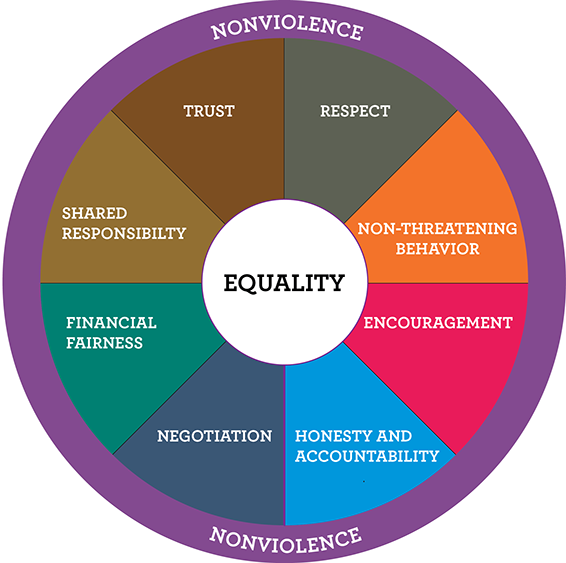 myCSUSM
myCSUSMHealthy Relationships
Having a healthy relationship with your partner is about more than attraction; it requires respect, trust and open communication. Whether you’re looking for a relationship or are already in one, make sure you and your partner agree on what makes a relationship healthy.
Look for someone who:
- Treats you with respect.
- Doesn’t make fun of things you like or want to do.
- Never puts you down.
- Doesn’t get angry if you spend time with your friends or family.
- Listens to your ideas and compromise sometimes.
- Isn’t excessively negative.
- Shares some of your interests such as movies, sports, reading, dancing or music.
- Isn’t afraid to share their thoughts and feelings.
- Is comfortable around your friends and family.
- Is proud of your accomplishments and successes.
- Respects your boundaries and does not abuse technology.
- Doesn’t require you to “check in” or need to know where you are all the time.
- Is caring and honest.
- Doesn’t pressure you to do things that you don’t want to do.
- Doesn’t constantly accuse you of cheating or being unfaithful.
- Encourages you to do well in school or at work.
- Doesn’t threaten you or make you feel scared.
- Understands the importance of healthy relationships.

Remember that a relationship consists of two people. Both you and your partner should have equal say and should never be afraid to express how you feel. It’s not just about speaking up for yourself - you should also listen and seriously consider what your partner says.
Every relationship has arguments and disagreements sometimes - this is normal. How you choose to deal with your disagreements is what really counts. Both people should work hard to communicate effectively. Learn more about healthy relationships by exploring the equality wheel.
Dating abuse is a pattern of destructive behaviors used to exert power and control over a dating partner. While we define dating violence as a pattern, that doesn’t mean the first instance of abuse is not dating violence. It just recognizes that dating violence usually involves a series of abusive behaviors over a course of time.
Warning Signs of Abuse
Because relationships exist on a spectrum, it can be hard to tell when a behavior crosses the line from healthy to unhealthy or even abusive. Use these warning signs of abuse to see if your relationship is going in the wrong direction:
- Checking your cell phone or email without permission
- Constantly putting you down
- Extreme jealousy or insecurity
- Explosive temper
- Isolating you from family or friends
- Making false accusations
- Mood swings
- Physically hurting you in any way
- Possessiveness
- Telling you what to do
- Pressuring or forcing you to have sex






